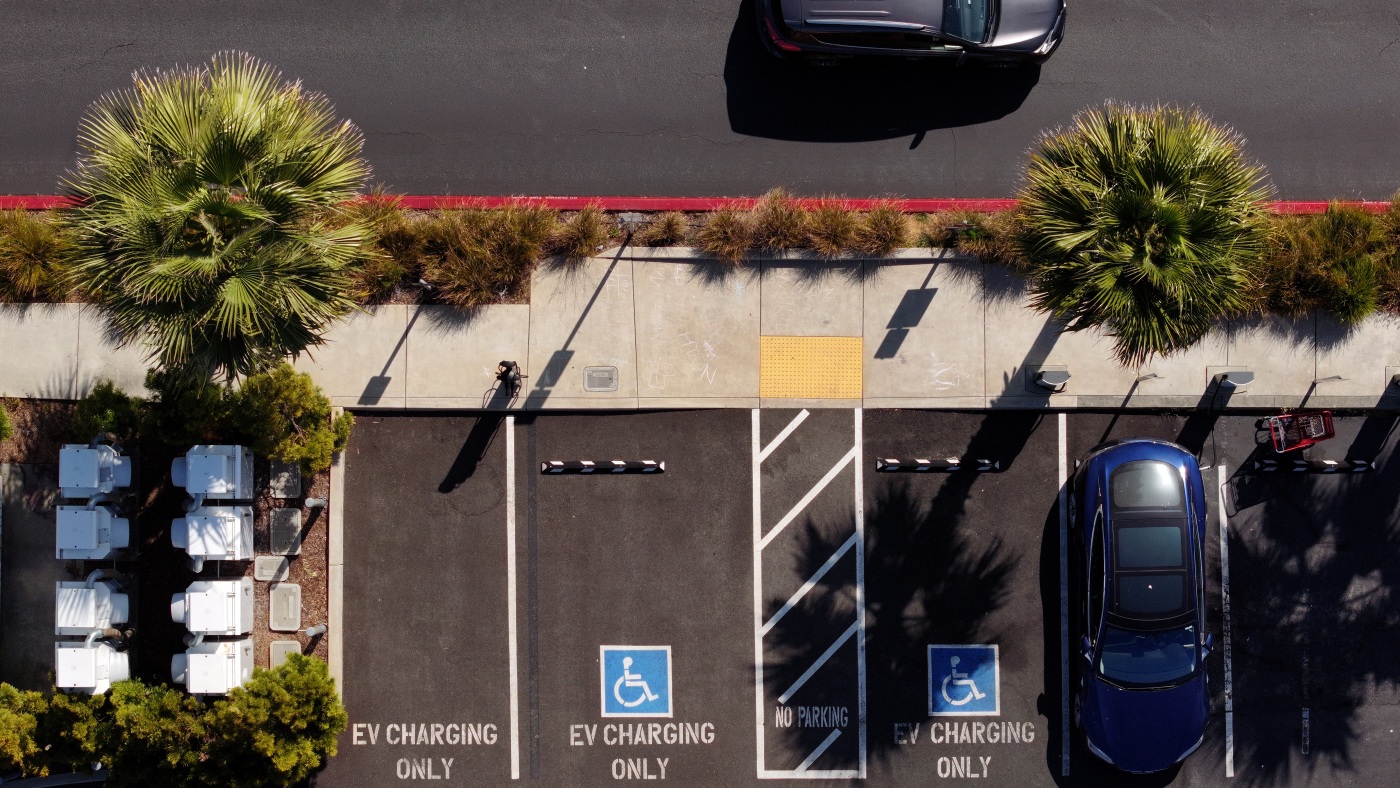SEATTLE – In a significant legal development, a federal judge has mandated the Trump administration to resume the distribution of funds earmarked for electric vehicle (EV) chargers to 14 states, following a lawsuit challenging the suspension of these funds.
Immediate Impact
The ruling, issued by Judge Tana Lin in Washington state, addresses a crucial funding freeze that has left billions of dollars in limbo. These funds, allocated by Congress, were intended to facilitate the installation of high-speed EV chargers along major highway corridors.
Key Details Emerge
The Department of Transportation had announced a temporary halt in February, citing the need to issue new application guidance, which has yet to be released. The preliminary injunction requires the administration to lift the freeze, with a seven-day pause allowing for potential appeals.
Billions of dollars are at stake, impacting EV infrastructure nationwide.
Industry Response
California Attorney General Rob Bonta, co-leading the lawsuit, expressed satisfaction with the ruling, while environmental group Sierra Club described it as a preliminary victory in restoring the funds.
Department of Transportation’s Stance
In a statement to NPR, the Department of Transportation criticized the ruling, describing it as a product of “liberal judicial activism” and reaffirmed their commitment to reforming the NEVI program.
By the Numbers
- 84% of NEVI funds remained unspent as of the current administration.
- 17 attorneys general joined the lawsuit, although only 14 states received relief.
Background Context
The Biden administration had prioritized EV infrastructure as part of its broader climate strategy, allocating significant resources to reduce “range anxiety” for EV drivers. However, the transition of power to the Trump administration saw a shift towards fossil fuels, resulting in the funding freeze.
Expert Analysis
Legal experts note that the case underscores the tension between legislative and executive powers, with the NEVI funds categorized as “formula funding,” which should be distributed based on predetermined calculations rather than discretionary grants.
Separation of Powers
Judge Lin emphasized the constitutional principles at play, stating that the case transcends EV policy, focusing instead on maintaining the balance of power between government branches.
What Comes Next
If no appeal is filed within the seven-day window, the Department of Transportation will be required to distribute the funds, potentially accelerating EV infrastructure projects across the affected states.
The decision represents a pivotal moment in the ongoing legal and political discourse surrounding EV funding and federal infrastructure initiatives, with broader implications for future policy direction.
